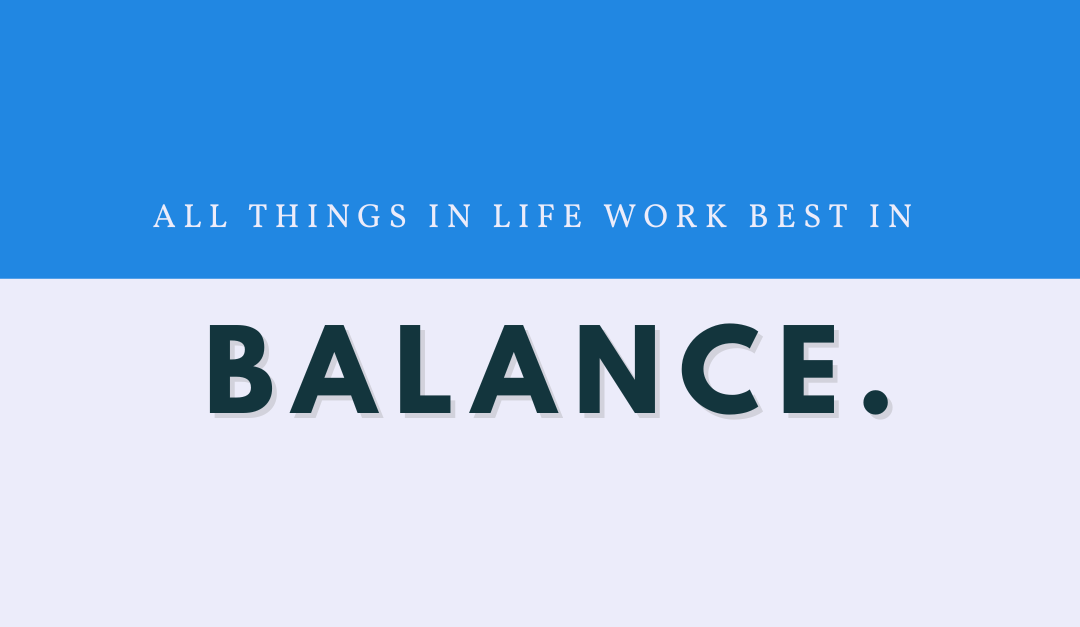The vacation is over, and now it’s time to go back to school. Who else feels a bit “blah?”
Educators can be very passionate about their work. We derive great satisfaction from helping our students grow academically and as human beings. We’re thrilled to share the joy of their successes. We’re satisfied when we can help them learn how to alleviate their pain. Growing up isn’t easy, but terrific educators pour their all into helping their students.
And therein lies the problem. Educators can give so much that there isn’t much left for our personal lives after our jobs consume most of our energy.
It’s not unusual to feel a bit anxious about returning to school after a long vacation. Some educators face the stress of starting a new job, and some do that in a new workplace.
International educators on vacation probably spent time back home with family and friends they haven’t seen in a year or more, so they are basking in the glow of renewed connections. Yet, for them, a life abroad, though exciting, also seems far away and possibly a bit lonely and intimidating.
Each of these situations can induce much anxiety in educators.
The anxiety we experience can be a self-warning. In January 2023, Rand Corporation did a studyof US teachers. Even though the pandemic was declining by that point, about a quarter of teachers were contemplating leaving their jobs. Of these, 70 percent said that the stress and disappointment connected with the profession made them question what was the point of it.
Don’t get me wrong. I live and breathe education and am very passionate about the work I do. It gives me great pleasure to be part of such a meaningful and helpful career. Yet, after nearly every long vacation, I feel anxious to start back at work. It’s sort of like the “Sunday Effect” (or the “Saturday Effect” if you’re in some Middle Eastern countries). You know that on the next day, it’s back to work, so low-grade anxiety hangs there like an ominous rain cloud threatening in the distance.
With over three decades of experience in education, I have no hesitation in saying that educators are among the most giving people on the planet. They not only give so much to students in school, but it’s part of our work DNA to give of ourselves after hours as well.
Do any of these scenarios sound familiar?
· Buying school supplies out of our pocket.
· Grading papers and lesson planning at home.
· Attending student events after school and on weekends.
· Helping students or colleagues, day or night, if they need support.
We do these things because a career educator’s profession comes from our heart—we love education and working with students. Yet, at the same time, there is a cost to such generosity of spirit. The emotional toll can be draining. When that happens, no wonder educators can feel strong emotional resistance to the end of their vacation.
Couple the anxiety of high-stress work with changing jobs also induces anxiety. Even when we want a job change, meeting new colleagues, figuring out how the new job works, and even finding out where the bathroom is can cause anxiety. Anxiety stems from not feeling in control, which new situations definitely amplify.
Positive psychology trainer and mentor Yuri Kim (김유리) of EducologyPlus+ recently wrote an insightful piece about handling emotional challenges. She referred to the 3 Rs Process: recognize (feelings), reframe (thoughts), and regulate (actions). While she was referring to helping students cope with strong emotions, these same concepts apply to adults as well.
Kim’s 3R Process gives educators a framework for coping with emotional responses. For example, we recognize our stress and acknowledge that it’s okay to feel a bit anxious about returning to work after a vacation. We reframe our thoughts by realizing that our work helps us afford quality vacations. We regulate our actions by creating more balance between our work and life worlds.
It may seem easier said than done, yet when we develop new habits, it takes time and purposeful action to make them happen. We must recognize how stress impacts our lives when we forget to maintain a healthy work/life balance. We must reframe how we think about our work and leisure time by acknowledging the importance of guarding those precious moments. We must make the purposeful decision to regulate and maintain our work-free time so that leisure genuinely means enjoying our time with family and friends or moments of solitude.
All things in life work best in balance. We appreciate each aspect more because when we feel rested and productive. I love the satisfaction of work, but I need the relaxation of vacation to help refresh my mind and spirit so that I can maximize the effectiveness of what I do. That is when I can give my best to students and colleagues.
Copyright 2024 by Kelley Ridings
There are four ways I can help you prepare for your experience as an international educator and school leader.
- Subscribe to this newsletter.
- You can follow my LinkedIn profile to learn more about job search insights and life as an international educator.
- You can buy my book Teach or Lead Abroad: Easily Find Your Dream Job in International Schools (available on Amazon or Audible) by clicking this link: Visit my Store.
- My new book, The GIFT Hiring Method: You Can Confidently Recruit Quality School Staff, launches in January 2025 on Amazon and Audible.




